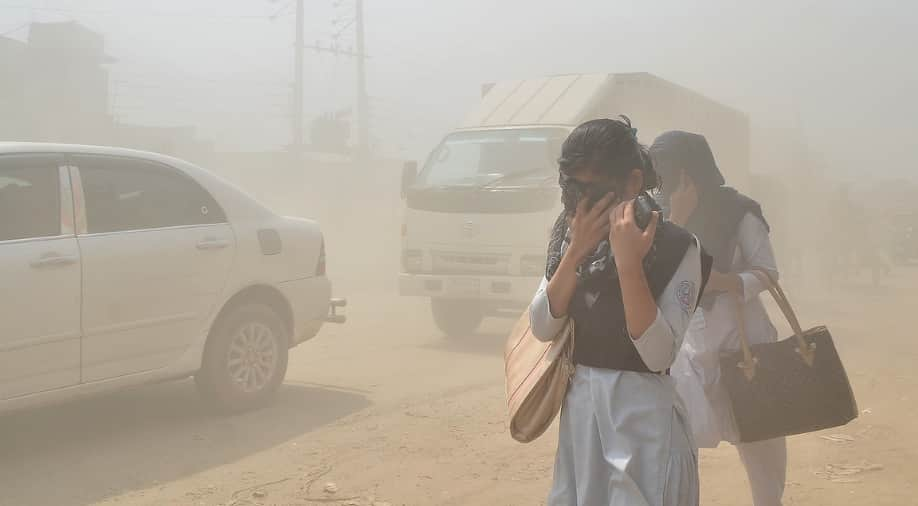According to a recent report, only seven countries worldwide meet the international air quality standard set by the World Health Organization (WHO) for tiny airborne particles known as PM2.5. The report highlights the challenges posed by air pollution and the need for proactive measures to address this global health crisis.
Key Findings
- Australia, Estonia, Finland, Grenada, Iceland, Mauritius, and New Zealand adhere to the WHO guideline limit for PM2.5 particles.
- PM2.5 particles, smaller than the width of a human hair, pose severe health risks when inhaled, contributing to various health problems and fatalities.
- Pakistan, India, Tajikistan, and Burkina Faso are among the most affected nations with hazardous pollution levels.
- Efforts to mitigate air pollution face challenges even in affluent and rapidly developing countries.
Impacts of Air Pollution
The deterioration of air quality in certain regions is attributed to an increase in economic activities and the harmful effects of wildfire smoke. Worldwide, air pollution claims an estimated 7 million lives annually, disproportionately affecting developing nations reliant on polluting fuels for various purposes.
Challenges and Solutions
Glory Dolphin Hammes, North America chief executive of IQAir, expressed concerns over the regression in addressing air pollution, emphasizing the urgent need for proactive measures. Aidan Farrow, senior air quality scientist at Greenpeace International, stressed the importance of implementing existing solutions to combat air pollution and highlighted the significant health implications and injustices resulting from this pervasive issue.
The report underscores the necessity for nations to prioritize sustainable urban planning, adopt cleaner energy sources, and implement measures to mitigate the impact of wildfires. Improved air quality monitoring systems are crucial in addressing this global health crisis.
















































